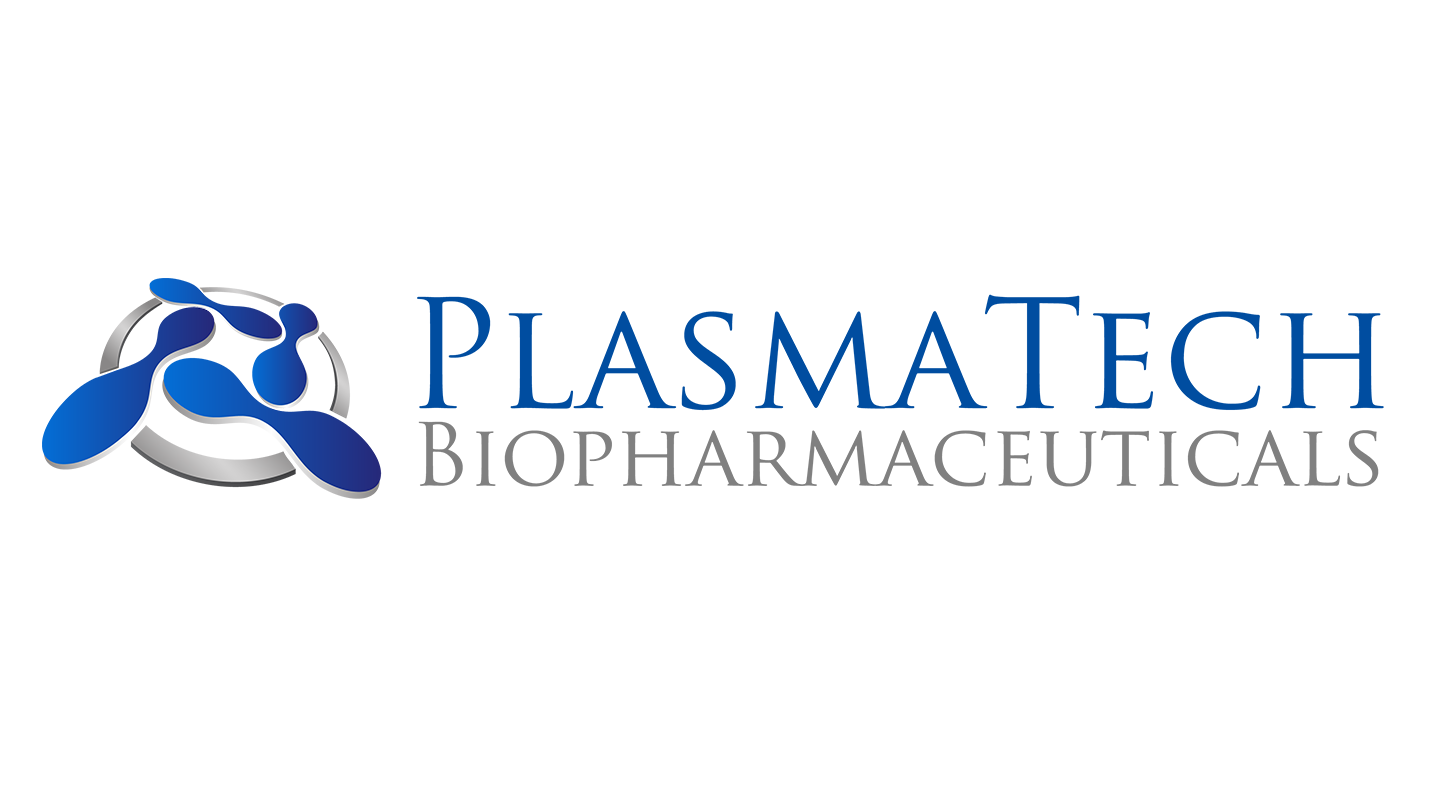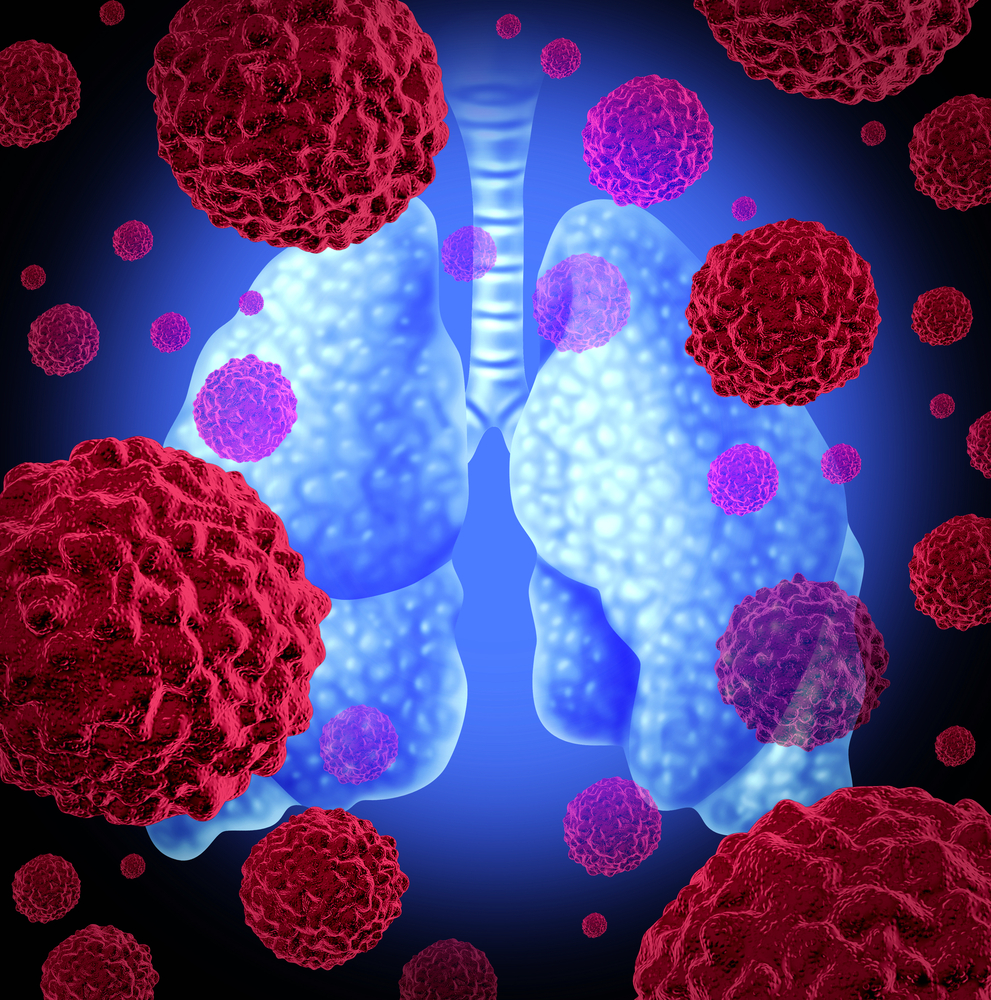 Biopharmaceutical company PlasmaTech Biopharmaceuticals, Inc. has announced the development of a novel method to extract the necessary Alpha-1 Antitrypsin (AAT) for the treatment of the genetic and inherited type of chronic obstructive pulmonary disease (COPD). The new process is expected to increase recovery and bridge the gap of AAT demand in the future.
Biopharmaceutical company PlasmaTech Biopharmaceuticals, Inc. has announced the development of a novel method to extract the necessary Alpha-1 Antitrypsin (AAT) for the treatment of the genetic and inherited type of chronic obstructive pulmonary disease (COPD). The new process is expected to increase recovery and bridge the gap of AAT demand in the future.
While COPD is often associated with smoking, the disease can be developed in patients who have never smoked or were exposed to pollutants or airway irritants over long periods of time. The reason for this is Alpha-1 Antitrypsin Deficiency (AATD) or Alpha-1 Deficiency, or the failure of Alpha-1 antitrypsin protein production in the liver.
Since Alpha-1 Antitrypsin is a protein responsible for protecting the lungs, insufficient production can predispose patients to developing the genetic or inherited type of COPD. The chronic condition is an umbrella designation for a series of lung diseases, such as emphysema, chronic bronchitis and refractory (non-reversible) asthma, which provoke a series of symptoms, including shortness of breath, coughing, wheezing, chest tightness.
Currently, the only treatment available for patients who suffer from inherited COPD is Alpha-1 Antitrypsin (AAT) Replacement therapy, which is administered after the extraction and purification of the alpha-1 protein from human blood plasma. The process for harvesting AAT from blood plasma is called the Cohn Cold Fractionation Process and is similar to the one used in the treatment of hemophilia.
[adrotate group=”3″]
Through the Cohn Cold Fractionation Process, a method developed during the 1940s, physicians are able to extract about 7% of the AAT, which is normally concentrated in about 1.8 to 3.5 grams per liter of human plasma. The method developed by PlasmaTech Biopharmaceuticals, however, increases the recovery rate to more than 70% and the company expects it to become the only patented method able to meet future medical needs for AAT supplies.
Not only has AAT been proven effective in treating Alpha-1 deficiency and associated COPD, as it can decrease the rate of progressive lung function decline, but its anti-inflammatory properties are also being studied in hundreds of clinical trials as well. The protein is thought to benefit patients who suffer from diseases such as diabetes, acute myocardial infarction, inflammatory bowel disease, cystic fibrosis, graft vs. host disease, stroke, Alzheimer’s disease, vasculitis, organ transplantation, and multiple sclerosis.

